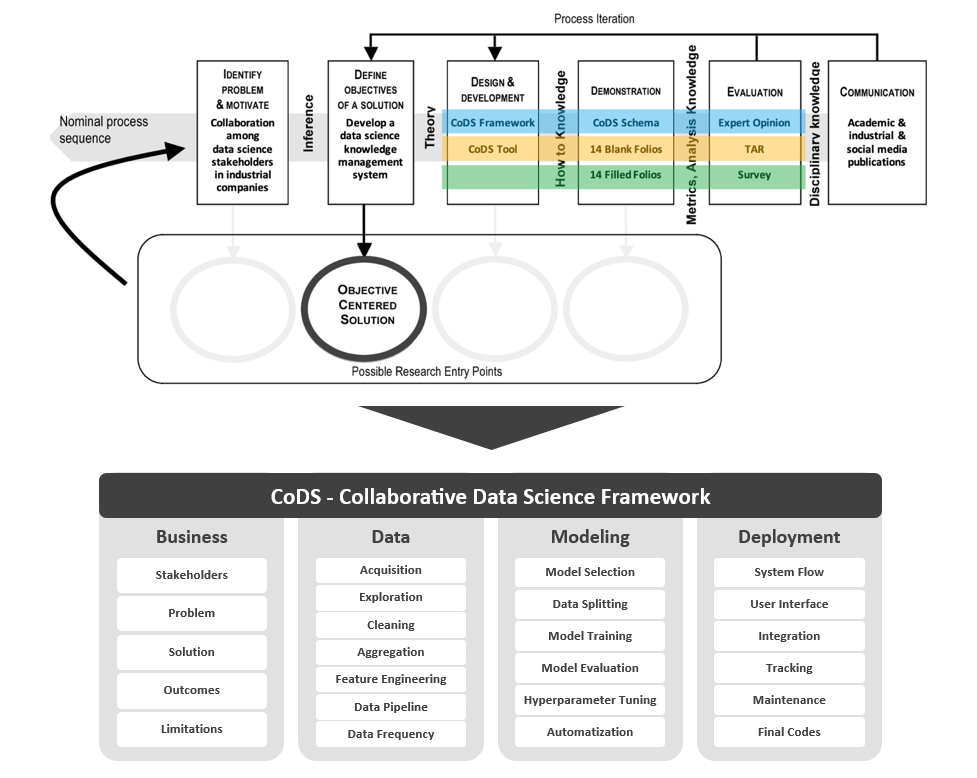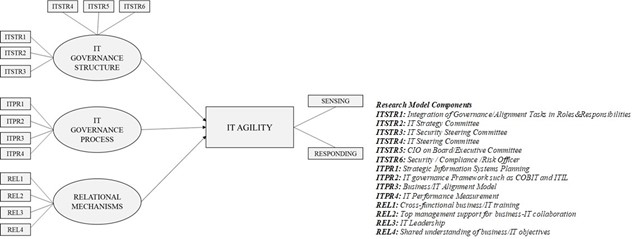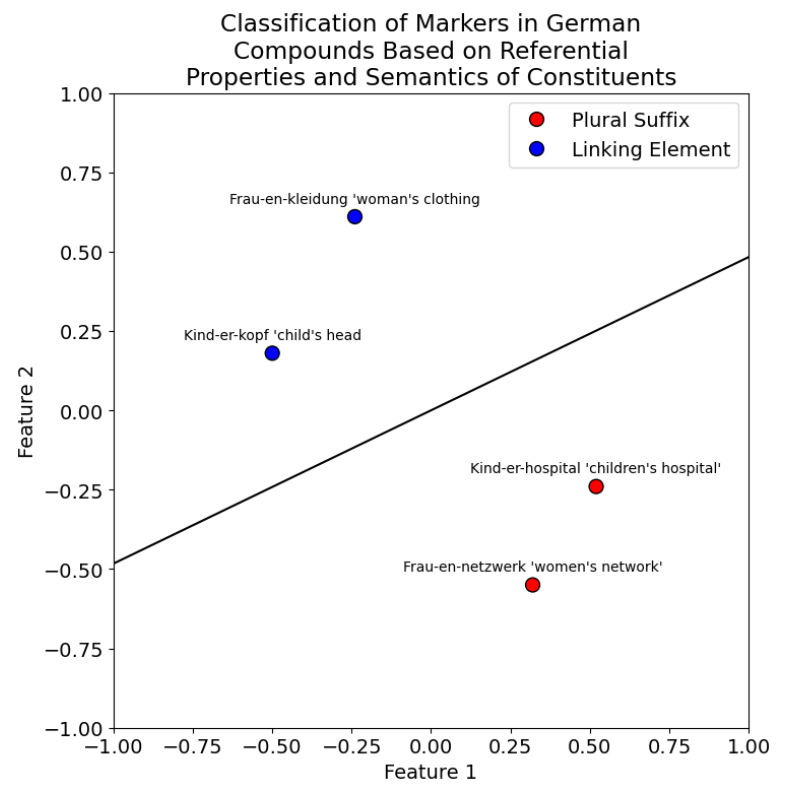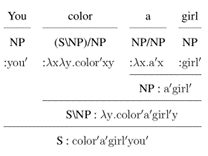Seminar: From Bias to Balance – A Study of 114,799 Skin Lesions in the US, Nigeria, Poland, and Turkey for Fair and Balanced Artificial Intelligence in Global Dermatology
We are pleased to announce an upcoming seminar titled "From Bias to Balance – A Study of 114,799 Skin Lesions in the US, Nigeria, Poland, and Turkey for Fair and Balanced Artificial Intelligence in Global Dermatology." This seminar will be held on Monday, June 10th, at 14:00 in Neşe Yalabık Conference Room, Graduate School of Informatics, METU. Further details are shared below.
We look forward to seeing you at the seminar.
Speaker: Christoph Sadée, Staff Scientist, Stanford University, Stanford Center for Biomedical Informatics Research (BMIR)
Date: June 10th
Time: 14:00
Location: METU, Graduate School of Informatics, Neşe Yalabık Seminar Room
QR Code of the Address:

Biography:
Christoph Sadée is a staff scientist in Biomedical Informatics at Stanford University. His background spans multiple different fields, from Physics, Biochemistry to Computational Modeling within the Biosciences. He initially started his work in Medical Physics on the simulation of a cancer treatment device before switching to wet-lab work and the exploration of RNA biology. Here, he holds several patents for the automated purification of biomolecules, while developing a comprehensive thermodynamic model of RNA-protein interactions, using pumilio protein Puf4 as a case study. He is currently combining his expertise in the Gevaert lab, integrating diverse data modalities into multimodal ai for medical applications.






